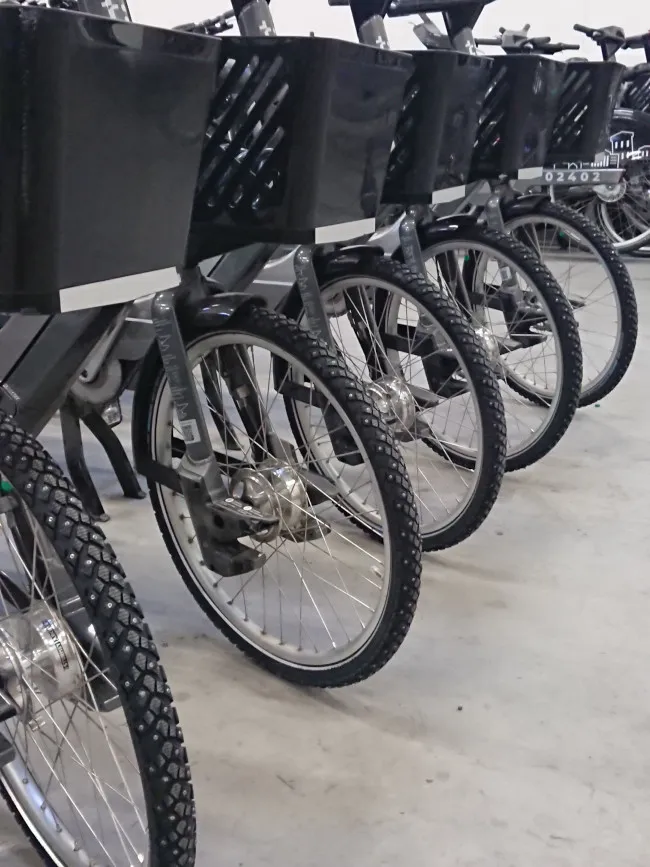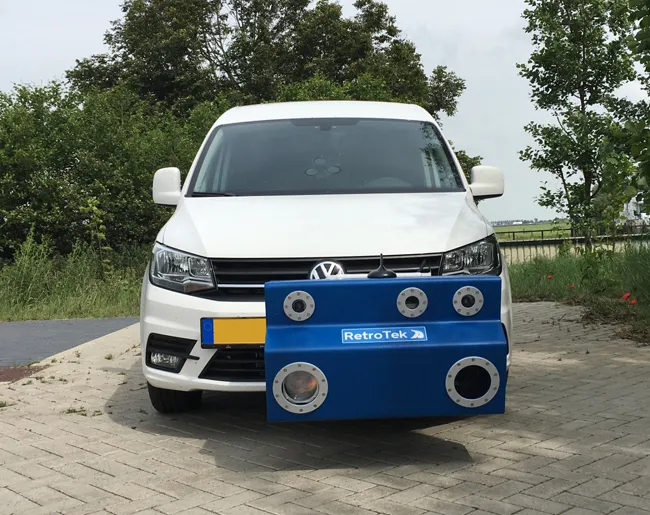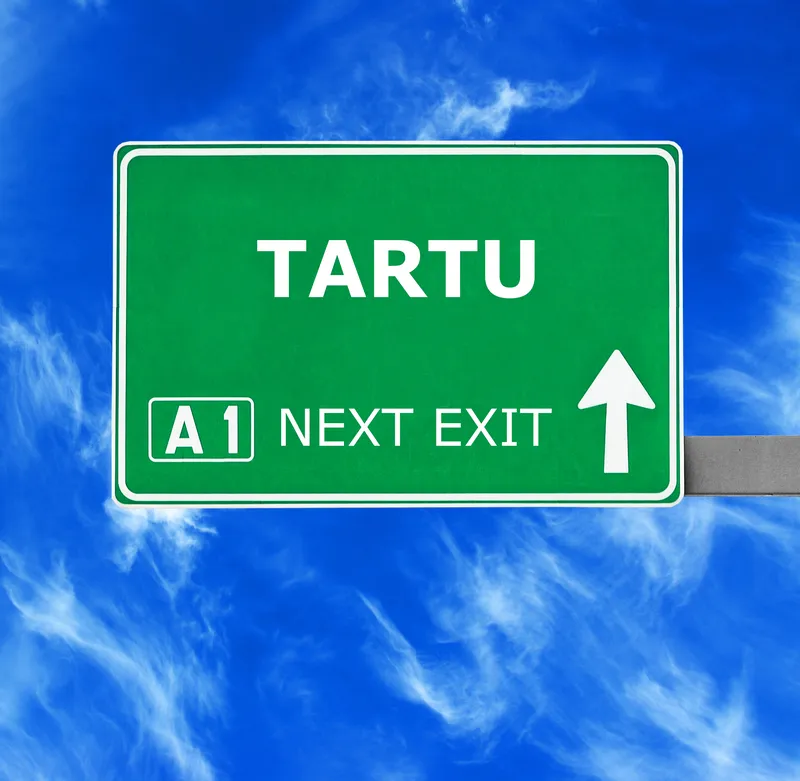
The Estonian city of Tartu and its bike share scheme partner have outfitted around 250 bicycles with studded tyres for the winter.
The city – the second largest in Estonia and with a population of around 100,000 - unveiled its bike share system in June. The bikes are being supplied by the Canadian company Bewegen Technologies which won an open public tender earlier this year.
Bewegen installed across the city around 750 bikes and set up 69 bike share stations. Of the 750 bikes, 510 are electric-assisted models, with the remaining 240 regular pedal bicycles. The city has the nation's oldest and university, the 17th century University of Tartu, . It is also home to Supreme Court of Estonia, the Ministry of Education and the recently opened new building of the Estonian National Museum.
Bewegen’s intention has always been to have the electric-assist bikes remain in circulation until temperatures fall below freezing during the winter and keep the regular bicycle in operation. The temperatures are highest on average in July, at around 17°C. January is the coldest month, with temperatures averaging -7°C. Charging electric-assist bicycles in below freezing temperatures could damage the batteries, according to the city.
However, despite the added traction of studs on tyres, Roman Meeksa, head of the Tartu City Transport Unit, which manages the bikeshare, warned that winter tyres aren't some kind of magic that will keep a bike upright at all times. "One must be careful [when cycling] in winter and especially in slippery conditions," Meeksa said. "We definitely recommend wearing a helmet."
Since being introduced on June 8, users of the bike scheme have pedalled more than 1.88 million kilometres.









